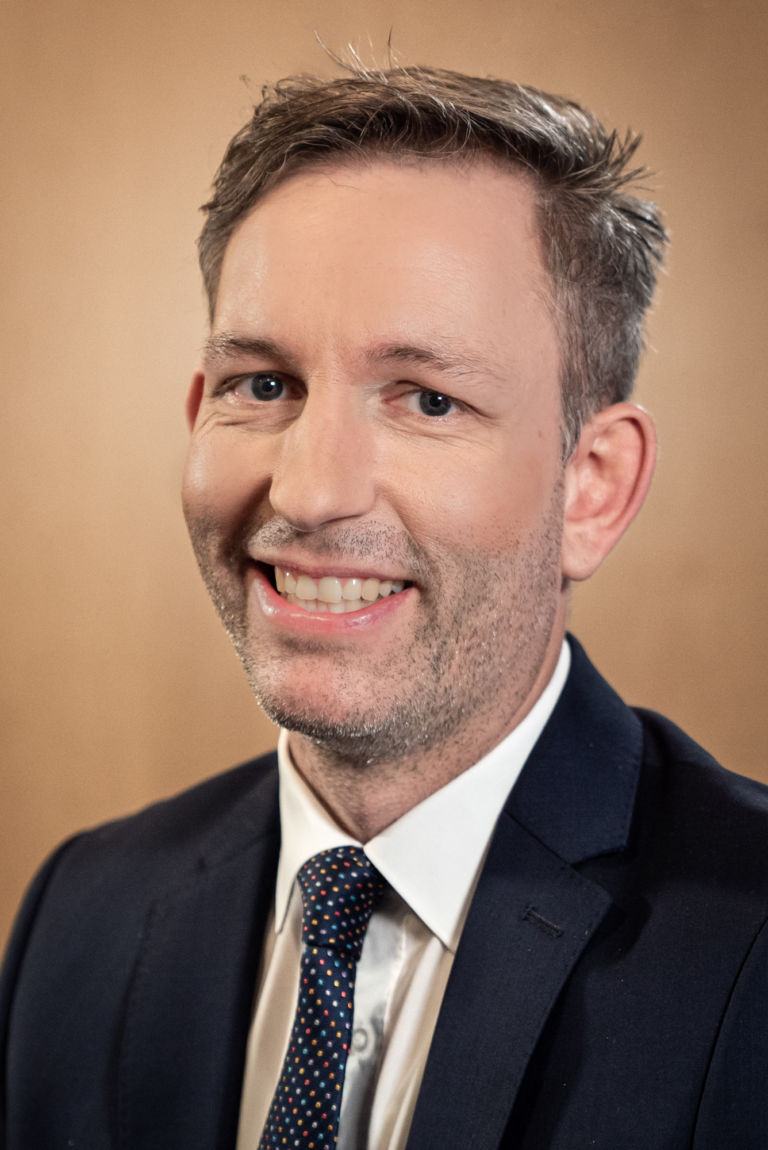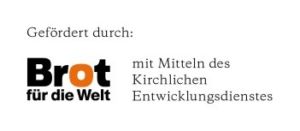With the following button you will be redirected to Google Translate:
to Google TranslateGrowing Together or Moving Apart?
The Western Balkans In The European Union
Online Conference
07.09.2020 - 09.09.2020
Thema
While taking into account the various challenges within and among the countries of the region as well as with and inside the European Union, this expert conference pursues a forward-looking approach and aims to develop innovative ideas which might help to stop that the Western Balkans and the EU are growing further apart. Together with practitioners and experts coming from the countries of the region and across the EU, we will address three intertwined challenges – namely authoritarian rule, ongoing ethno-political cleavages, and the search for a new European approach for the region. Jointly we will try to identify opportunities and approaches for possible new solutions. |
Downloads
Programm
zur DruckversionThomas MÜLLER-FÄRBER, International and Security Affairs, Protestant Academy Loccum
Tobias FLESSENKEMPER, Board Member of the Southeast Europe Association (Südosteuropa-Gesellschaft – SOG), Düsseldorf/Belgrade
Between “enlargement fatigue” and “accession refusal”, the Western Balkans cannot be detached from the European Union as a region, yet today the perspectives of “togetherness” seem more elusive than 2003 when the EU promised their full integration. This key-note lecture will introduce the range of issues, opportunities, and challenges of a difficult relationship and provide an overview of current and historic developments that shape the Western Balkans predicament. How will this region, surrounded by EU Member States, find its place in the political, cultural, social, economic and institutional construction of Europe?
Florian BIEBER, Professor of Southeast European History and Politics and Director of the Centre for Southeast European Studies at the University of Graz, & & Board Member of the Southeast Europe Association (Südosteuropa-Gesellschaft – SOG), Vienna
This open round-tabel discussion will allow for a panoramic overview on the ideas, initiatives, and concerns regarding the immediate future of the region and Europe as a whole. The purpose is to identify possible pathways for new, alternative or forgotten approaches to overcome the current political and diplomatic gridlocks, to reduce elements of state capture, from which the region is suffering, and to develop positive visions for European “togetherness” against the backdrop of a continental surge of revanchism, glorification of war criminals and abusive use of history. In that sense, this discussion shall nurture the work of the second day of the conference and allows to test ways out of ossified structures of thinking about Europe and the Balkans.
OPENING IMPULSES BY:
Clive RUMBOLD, Senior Expert, Western Balkans Division, European External Action Service, Brussels
Simonida KACARSKA, Director, European Policy Institute, Skopje
Josip JURATOVIC, Member of the German Parliament (SPD), Spokesperson of the Subcommittee on Crisis Prevention and Conflict Resolution and Member of the Foreign Affairs Committe, Vice-President of the Southeast Europe Association (Südosteuropa-Gesellschaft –SOG), Berlin/Heilbronn
Jasmin MUJANOVIC, Assistant Professor of Political Science and Policy Studies at Elon University and author of the book “Hunger and Fury: The Crisis of Democracy in the Balkans”, Elon
Moderator: Christian HAGEMANN, Deputy Director, Southeast Europe Association (Südosteuropa-Gesellschaft – SOG), Munich
The purpose of this panel is to provide insight into the current policy debate about the future approach towards the six Western Balkan states. What will be Brussels approach towards the region in the years to come? What does Western Europe want from the region – what’s its interests? What are possible scenarios for the future development of the region if there will be no promising approach by the EU? What are the entry points for a policy debate about a strategy for the future? Etc.?
Majlinda BREGU, Secretary General, Regional Cooperation Council, Sarajevo
Viola von CRAMON-TAUBADEL, Member of the European Parliament (Group of the Greens), Member of the Committee on Foreign Affairs, Brussels
Peter BEYER, Member of the German Parliament (CDU), Foreign Affairs Committee, Coordinator for the transatlantic relations and Vice-President of the Southeast Europe Association (Südosteuropa-Gesellschaft –SOG), Berlin/Ratingen
Valérie RABAULT, Assemblée nationale, President of the Group of Parti socialiste in parliament, Paris
Moderation: Florent MARCIACQ, French-Austrian Centre for Rapprochement in Europe (CFA / ÖFZ), Vienna
Christiane HULLMANN, Head of Western Balkan Division, German Federal Foreign Office, Berlin
Gordan BAKOTA, Ambassador of the Republic of Croatia in Germany, Berlin
Vedran DZIHIC, Senior Research at the Austrian Institute for International Affairs (oiip), lecture at the University of Vienna and non-resident Senior Fellow at the Center for Transatlantic Relations, Vienna
Peter GRK, National Coordinator for Western Balkans, Ministry of Foreign Affairs, Republic of Slovenia, Slovenian Ministry of Foreign Affairs, Secretary-General, Bled Strategic Forum Ljubljana
Manuel SARRAZIN, Member of the German Parliament (Bündnis 90/die Grünen), Foreign Affairs Committee and
European Committee, President of the Southeast Europe Association, Hamburg/Berlin
Moderation: Thomas MÜLLER-FÄRBER, Protestant Academy Loccum




